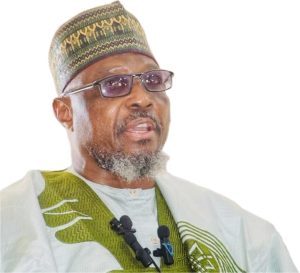IMAGE CONVERTED
The proposed recapitalisation of the Nigerian insurance sector has sparked a debate among stakeholders, with some expressing concerns that it may create new barriers to entry while others believe it could benefit the sector.
The Nigerian Insurance Industry Reform Bill 2024, which has passed its second reading in the Senate, seeks to increase the minimum capital base of insurance companies. The bill proposes a minimum capital requirement of N15bn for life insurance companies, N25bn for general business, and N45bn for reinsurance companies.
While some stakeholders, such as the Chief Executive Officer of the Nigerian Council of Registered Insurance Brokers, Tope Adaramola, believe that the move is necessary to encourage mergers and acquisitions, others, like the immediate past President of the Chartered Insurance Institute of Nigeria, Edwin Igbiti, argue that it would introduce fresh barriers to entry in the sector.
Igbiti noted that the sector is already struggling with low penetration, and increasing the minimum capital requirement would make it even more difficult for new players to enter the market. He suggested that the regulator should focus on risk-based supervision instead of minimum capital requirements.
The Nigerian Insurers Association has also expressed opposition to the minimum capital requirements, proposing a minimum capital of N8bn for life business, N10bn for non-life, and N20bn for reinsurance. The association’s Chairman, Kunle Ahmed, argued that the move could lead to insurance companies not deepening their insurance business in Nigeria but instead investing their money elsewhere.
Despite the concerns, some companies in the industry have expressed a preparedness for capitalisation, with the Chairman of Prestige Assurance Plc, Mrs Funmi Oyetunji, saying that the company is already discussing its plans and consulting with the regulator.
The Chief Executive Officer of Cornerstone Insurance Plc, Stephen Alangbo, expressed optimism, saying that the move would enhance the company’s financial stability, expand its underwriting capacity, and allow it to invest in new technologies and innovative products.
The debate highlights the complexities and challenges facing the Nigerian insurance sector, which is seen as a key player in the country’s economic development.









